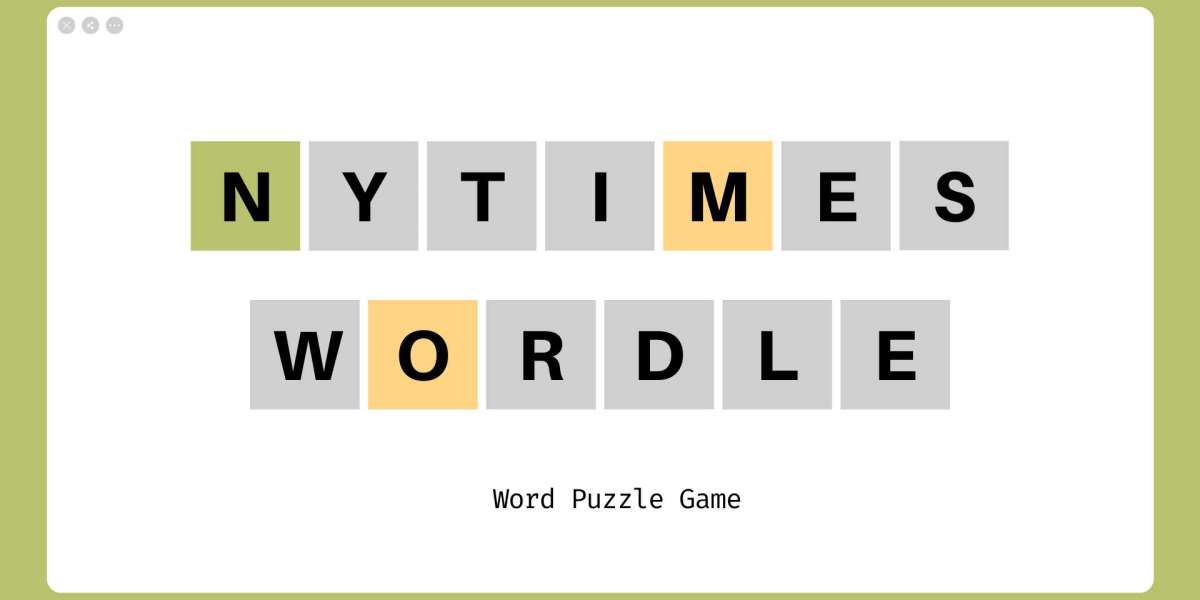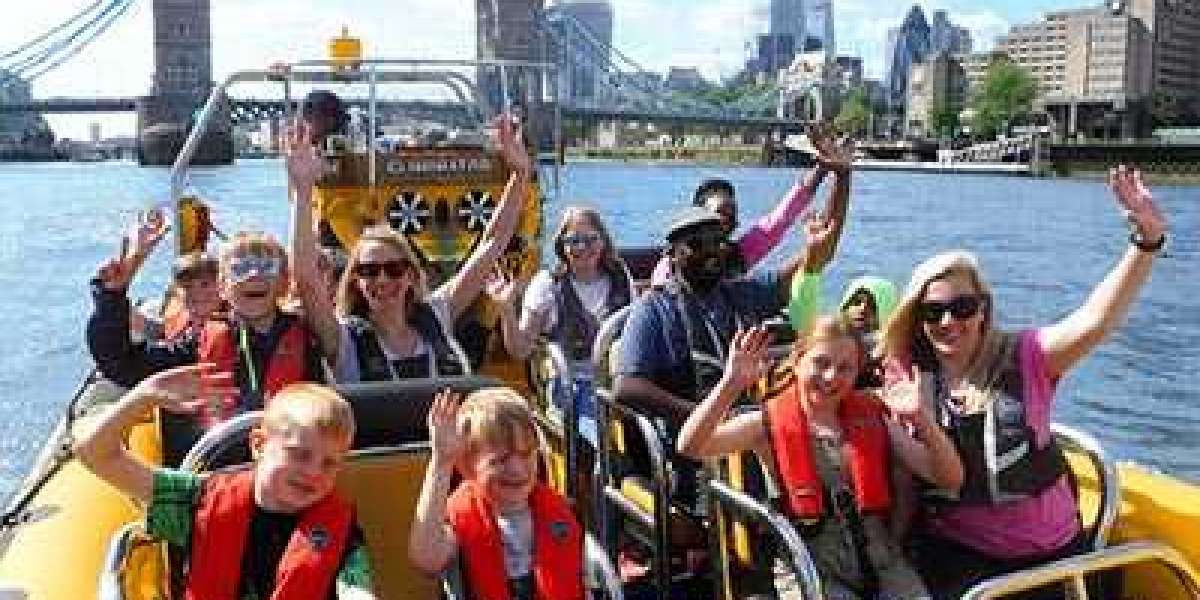What is Wordle, and Why is it So Popular?
NYTimes Wordle is a daily word puzzle game that has skyrocketed in popularity since its creation by Josh Wardle. Players worldwide love its simplicity: guess the five-letter mystery word within six tries. Each guess provides valuable feedback:
Green tiles indicate correct letters in the right position.
Yellow tiles signify correct letters in the wrong position.
Gray tiles show letters not in the word at all.
The beauty of Wordle lies in its universal appeal. It’s free, easy to play, and offers just one puzzle per day—making it the perfect blend of challenge and restraint.
How Wordle Works: A Quick Overview
Before we dive into strategies, let’s break down the gameplay:
You start with a blank grid and a virtual keyboard.
Enter any five-letter word as your first guess.
The game provides color-coded feedback based on your input.
Use the feedback to refine your next guesses.
Solve the puzzle within six tries to win.
With this basic understanding, let’s move on to proven tactics to enhance your Wordle performance.
Why Strategy Matters in Wordle
While Wordle may seem like a game of luck, a well-thought-out strategy can significantly improve your success rate. Each guess should balance testing new letters and narrowing down the possibilities. By adopting smart word choices and logical thinking, you can master even the trickiest puzzles.
1. Start with Strong Starter Words
Your first guess is crucial. Choose a word that contains:
Common vowels: A, E, I, O, U.
Frequently used consonants: R, S, T, L, N.
For example, words like "ARISE," "SLATE," or "CRANE" are excellent starting points. These words maximize your chances of uncovering key letters early in the game.
2. Use Elimination Wisely
After your first guess, use the color-coded feedback to refine your next moves. Here’s how:
Avoid repeating gray letters.
Incorporate yellow letters in different positions.
Keep green letters fixed in their correct spots.
For instance, if your first guess is "SLATE" and the letter "A" turns yellow, try repositioning it in your next word, such as "RAINS."
3. Prioritize Common Letter Combinations
English words often feature specific letter pairings. Knowing these can help you form better guesses. Common combinations include:
"TH," "SH," "CH"
"ER," "ED," "ING"
"OU," "OO," "EA"
If your guesses seem to stall, lean on these familiar patterns to guide you.
4. Avoid Obscure Words
Wordle answers are typically common five-letter words. While it’s tempting to guess unusual words to rule out tricky letters, it’s often more productive to stick to familiar vocabulary. Focus on words you know and recognize.
5. Leverage Process of Elimination
Each guess should maximize the information you gather. For example:
If you’ve identified two green letters, don’t waste a guess by keeping the rest of the word random. Instead, construct guesses that test plausible combinations.
If three letters are gray, avoid including them again in your next guess.
By narrowing your options efficiently, you can solve puzzles faster.
6. Take Advantage of Wordle Tools
If you’re stuck, consider using online Wordle solvers or anagram tools for inspiration. While purists may prefer to avoid assistance, these tools can help you identify possibilities when all else fails.
7. Practice Makes Perfect
Consistency is key. The more you play Wordle, the better you’ll understand common patterns, letter frequencies, and effective strategies. Don’t be discouraged by early losses—treat each game as a learning opportunity.
Common Wordle Mistakes to Avoid
Even experienced players can fall into these traps. Here’s what to watch out for:
Reusing Gray Letters
If a letter is gray, it’s not in the word. Avoid using it in future guesses.
Overlooking Yellow Letters
Yellow letters are valuable clues. Make sure to reposition them in subsequent guesses to uncover their correct placement.
Focusing on Vowels Too Late
Vowels form the backbone of most words. If you don’t identify key vowels early, you risk narrowing your options too slowly.
Rushing Through Guesses
Wordle rewards patience and careful thought. Take your time to analyze feedback before entering your next guess.
Fun Variations of Wordle
Once you’ve mastered the standard game, explore these exciting alternatives:
Quordle: Solve four Wordle puzzles simultaneously.
Dordle: Work on two puzzles at once.
Heardle: A music-based guessing game.
Wordle Unlimited: Play as many puzzles as you like in a single session.
These variations add new dimensions to your Wordle experience and keep the challenge fresh.
Why Wordle is Good for Your Brain
Beyond being fun, Wordle offers cognitive benefits. Here’s how:
Boosts Vocabulary: Daily play introduces you to new words.
Enhances Problem-Solving Skills: You learn to think critically and strategize.
Improves Memory: The game strengthens your ability to recall and apply letter patterns.
Wordle isn’t just a pastime—it’s a mental workout!
Tips for Sharing Your Wordle Results
One of the joys of Wordle is sharing your progress with friends. The game’s minimalist grid format—showing how many tries you took to solve the puzzle—is perfect for social media. Keep these tips in mind:
Avoid posting spoilers by sharing only your result grid.
Engage with friends by discussing strategies or sharing your favorite starter words.
Join Wordle communities to connect with other enthusiasts.
Conclusion
Mastering Wordle is as much about strategy as it is about persistence. By using smart starter words, analyzing feedback carefully, and staying consistent, you can solve puzzles quickly and confidently. Remember, Wordle is a game meant to challenge and entertain—so enjoy the process and have fun!
Whether you’re a Wordle novice or a seasoned player, these tips will help you elevate your game and tackle even the most challenging puzzles. Happy Wordling!








